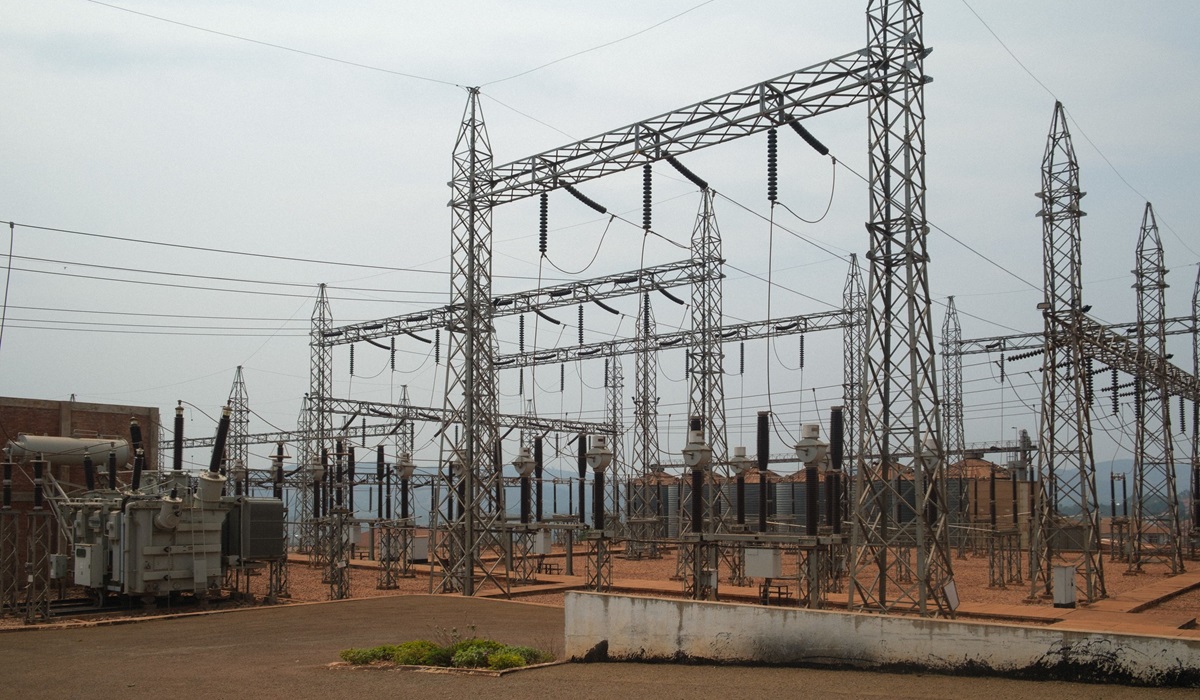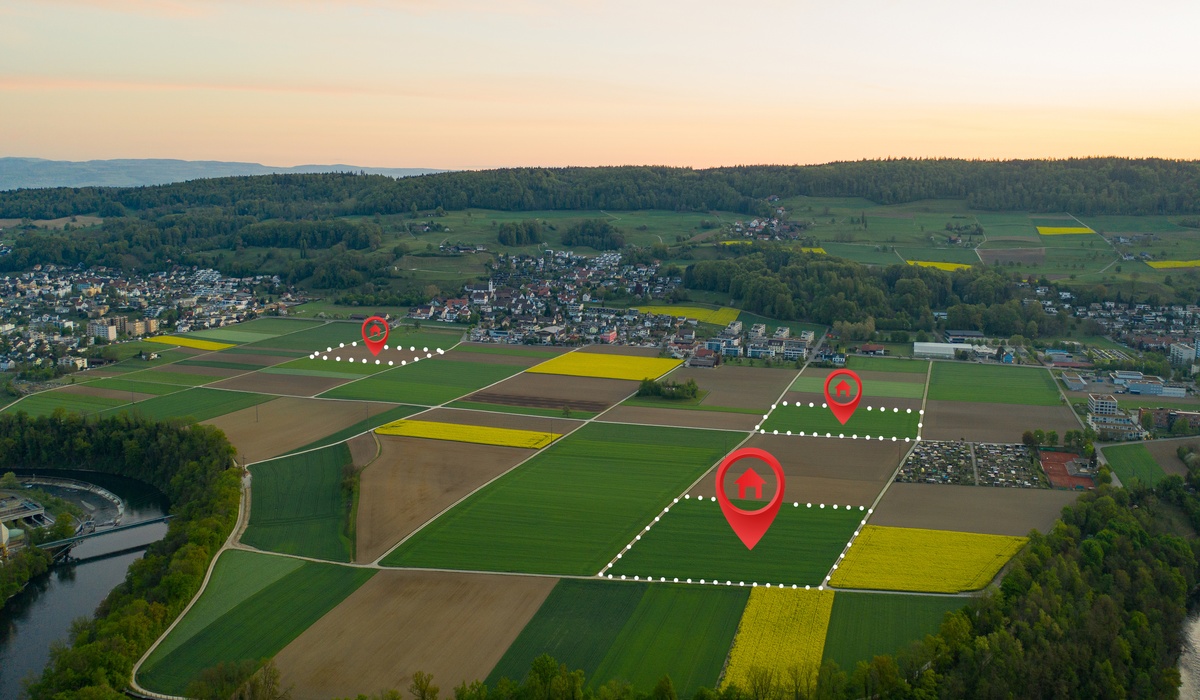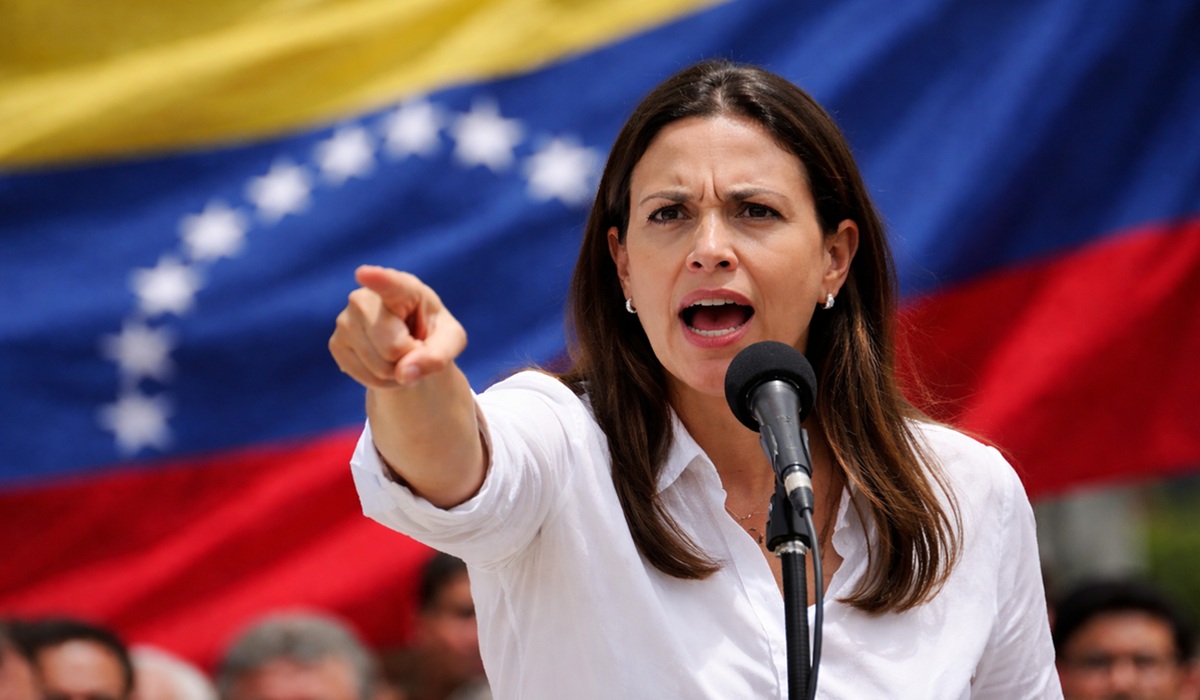Niger Secures $144 Million African Development Bank Loan to Boost Energy Independence
- Ingrid Jones
- Africa
- Trending News
- July 31, 2025

ABIDJAN / NIAMEY – The African Development Bank has approved a $144.27 million loan to Niger as part of a sweeping plan to address the country’s chronic power shortages and lay the groundwork for inclusive economic growth. The investment marks the first phase of the Energy Sector Governance and Competitiveness Support Program, a major initiative to reform energy laws, strengthen financial governance, and unlock opportunities for Niger’s vulnerable populations.
“This program represents our commitment to supporting Niger’s economic recovery and energy independence,” said Lamin Barrow, the Bank’s Director General for West Africa. “By improving access to energy and strengthening governance frameworks, we are helping to lay the foundations for sustainable growth that will benefit all Nigeriens, particularly the most vulnerable populations.”
With just 22.5% of Nigeriens connected to the electricity grid—and only 4.5% in rural areas—the country faces one of the lowest electrification rates in West Africa. Most households depend on biomass, which currently provides 94% of all energy consumed, raising serious environmental and health concerns.
The African Development Bank-backed program is poised to change this. It aims to raise national electricity access to 30% by 2026. Central to this goal is the expansion of renewable energy, with plans to add 50 megawatts (MW) of solar capacity by the end of 2026 and reach 240 MW by 2030. These efforts will help diversify the country’s energy mix and reduce dependence on imported power.
Beyond energy access, the program takes a comprehensive approach to Niger’s development. Reforms will target core governance issues, such as public financial management, tax revenue mobilization, and expenditure control. These changes aim to improve the fiscal environment, clear domestic arrears, and stimulate private sector confidence.
An industrial and commercial policy component is also set to support local businesses, with a specific focus on increasing manufacturing’s share of GDP from 2.5% to 3.8% by 2026. The plan emphasizes public-private dialogue and seeks to create a more dynamic ecosystem for domestic enterprise.
Recognizing the social and security challenges Niger faces—particularly in the Sahel region—the program includes tailored support for internally displaced persons, women, and youth. With over 507,000 people displaced by conflict and insecurity, targeted interventions will ensure that these groups are not left behind in the country’s economic recovery.
By addressing energy poverty and enabling job creation, the program aims to deliver tangible improvements in the lives of Nigeriens, especially those in remote and underserved communities.
A key element of Niger’s energy roadmap is the strategic energy compact, adopted by presidential decree, which lays out a framework to attract $527 million in private sector investment by 2030. It includes reforms to facilitate mini-grid development—a critical component in reaching rural communities.
To enable this shift, the program will establish national coordination mechanisms and update energy policies to create a more predictable and investor-friendly regulatory environment.
Despite facing climate and security-related hurdles, Niger’s economy has demonstrated resilience. GDP growth hit 8.8% in 2024, bolstered by expanding oil production, which is expected to jump from 20,000 to 90,000 barrels per day by 2026. However, to ensure that growth translates into broad-based development, improvements in energy access and governance remain essential.
The new African Development Bank loan is a crucial step in that direction—addressing not only immediate infrastructure gaps but also laying the institutional foundation for long-term transformation.
As Niger positions itself as a leader in renewable energy development and governance reform in the Sahel, the Energy Sector Governance and Competitiveness Support Program signals a bold commitment to inclusive growth, resilience, and regional leadership.








